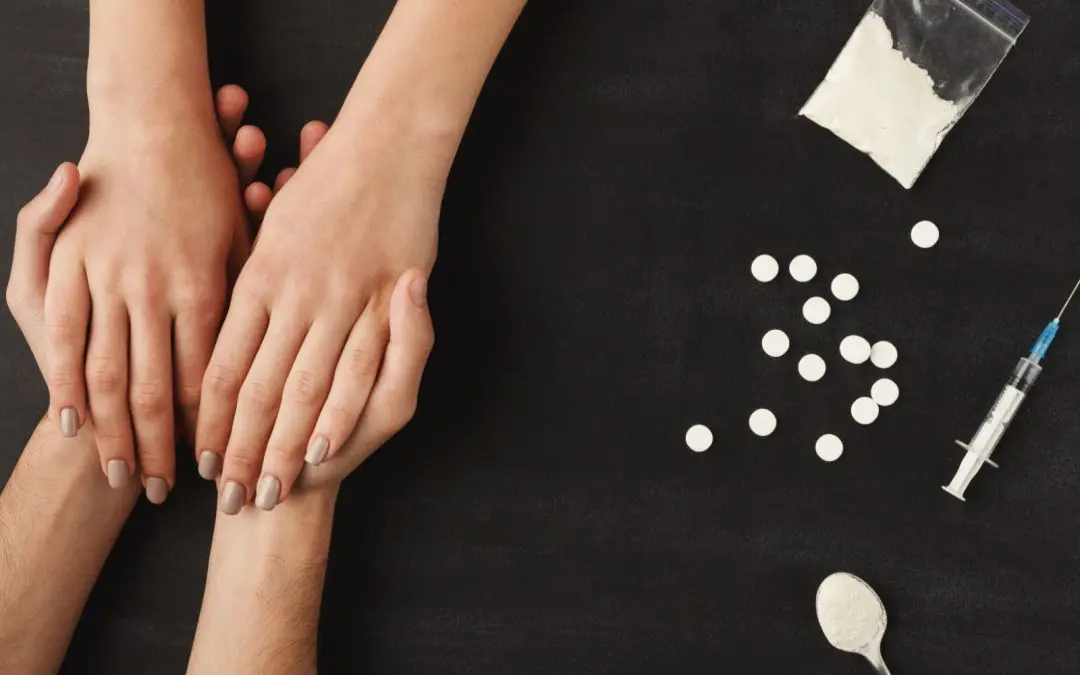24/7 Helpline:
(866) 899-221924/7 Helpline:
(866) 899-2219
Learn more about Morphine Rehab centers in Hawaiian Gardens
Morphine Rehab in Other Cities

Other Insurance Options

Carleon

Access to Recovery (ATR) Voucher

UnitedHealth Group

Health Partners

Coventry Health Care

Evernorth

Kaiser Permanente

WellCare Health Plans

ComPsych

Group Health Incorporated

UMR

GEHA

Premera

Sutter

MVP Healthcare

CareSource

Excellus

AllWell

Health Net

Magellan Health

Hawaiian Gardens Medical & Mental Health
Hawaiian Gardens Medical & Mental Health is a private rehab located in Hawaiian Gardens, CA. Hawaiia...











